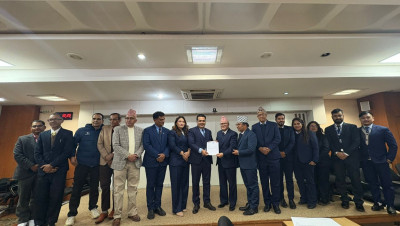Simkhada Accused of Preparing for Election Rigging in NRNA UK Polls
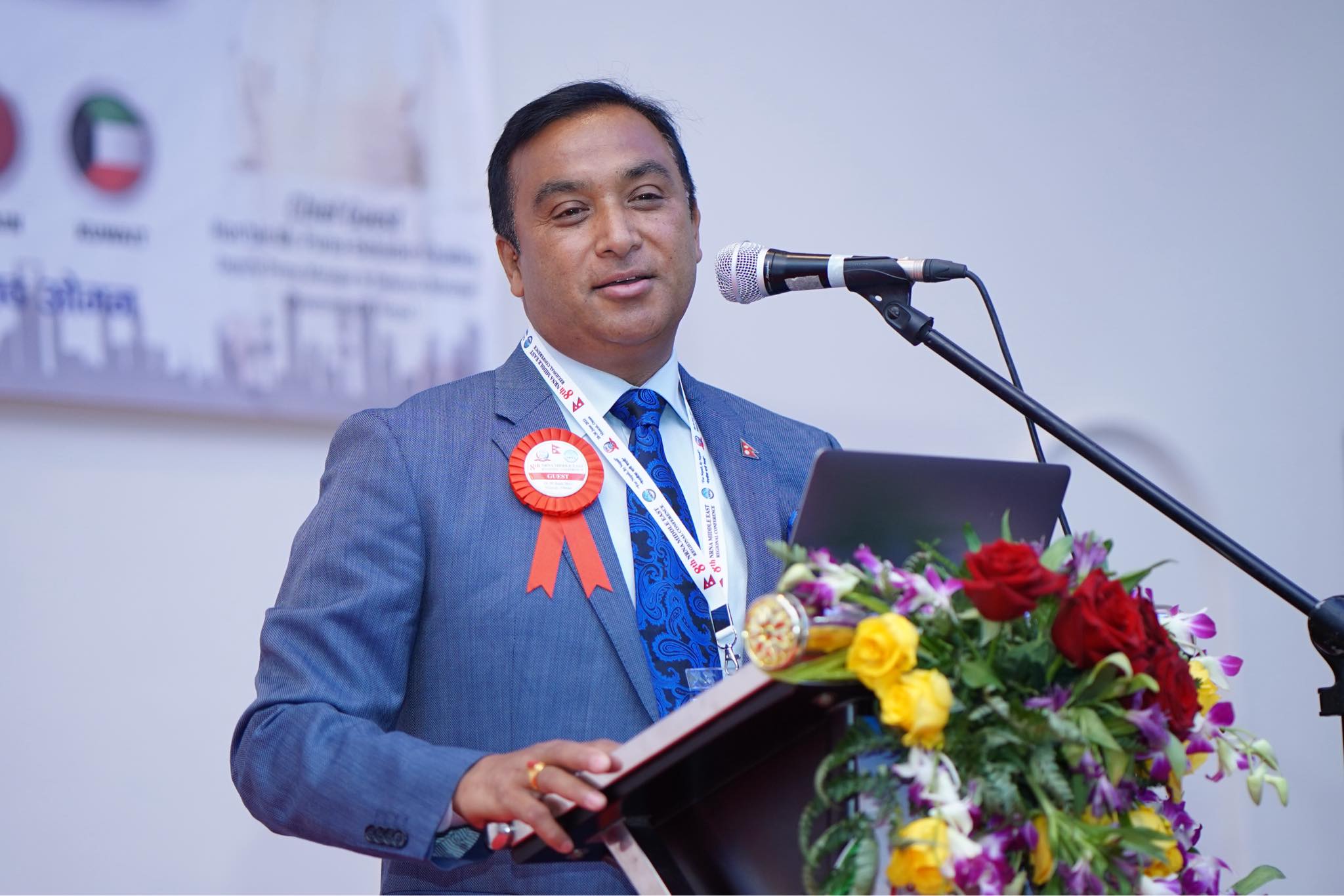
London – As soon as Ram Sharan Simkhada becomes an election commissioner, not just the candidates but even the general voters begin to feel uneasy. There are not just one, but dozens of examples in the UK where he, as an election commissioner, allegedly influenced the results of elections.
Simkhada has now again assumed the role of Chief Election Commissioner and is set to conduct the NRNA UK (Badri group) elections on July 26. He has been accused of fielding dummy candidates in order to defeat popular social worker and candidate Rajendra Pudasaini. However, Simkhada has been clarifying that the election committee has no role in the online election process.
On this matter, UK-based journalist Narayan Gaule wrote on his Facebook page: What would happen if the current Home Minister was made the Chief Election Commissioner and a general election was held in Nepal?
Many are questioning the fairness of the upcoming NRNA UK (Badri group) online elections now that Simkhada—himself the group’s Central Vice President—has been appointed Chief Election Commissioner. He is also accused of fielding dummy candidates to defeat popular social worker Rajendra Pudasaini.
This sets a strange precedent, where someone from the organization’s leadership is conducting its own elections. The group, often accused of being affiliated with the UML (Communist Party of Nepal - Unified Marxist–Leninist), also has active members from UML’s sister organizations in the election committee. Ram Sharan Simkhada himself is a former chairman of one such sister organization and is still politically active in the party.
The group that often criticizes the Mahesh Shrestha group of NRNA (aligned with Arzu and Prachanda) for being politically motivated should have, at the very least, refrained from displaying such overt political bias. I personally did not take membership in the Mahesh Shrestha group because I felt it operated like a political wing. Despite being legally recognized by Nepal’s Foreign Ministry and established according to the Supreme Court’s mandate, I saw them as just another political crowd.
I took membership with the Badri KC group believing in its non-political claim. But this blatant disregard for basic norms and neutrality is disappointing. Personally, I have no complaints against them. They are not just political beings—they have also worked long in the community and are my friends. But this is a matter of process. When someone who is already part of the executive committee takes charge of the election process in a way that appears to capture the institution, it only makes the organization more controversial.
He might be planning to run for a higher position in the future. He is already part of the current executive committee. He will be the one to finalize the voter list, approve or reject objections, make final decisions in case of disputes during vote counting, and determine candidate eligibility. It would’ve been better if he had not taken those responsibilities. But as understood, the election committee is structured such that he holds the final authority.
Are there really no individuals outside of active politics in our community? Another Vice President, Hemraj Sharma, argues that since he is a well-wisher of the Nepali Congress, this committee cannot be considered UML-affiliated. But in this way, what is the difference between the Mahesh Shrestha group and the Badri KC group? One is aligned with the Congress, the other with the UML. One is Arzu's, the other is Oli's.
Those who are dragging the organization into political conflict, manipulation, and infighting are the ones who must now think about how to make the institution less controversial—if not entirely neutral. Why did it come to this?
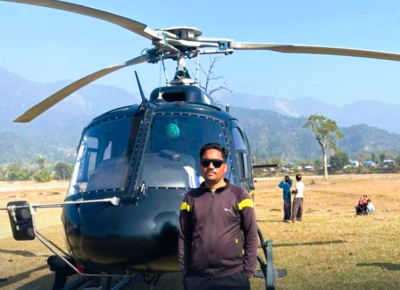
Helicopter from Jumla lands in Salyan due to bad weather
January 30, 2026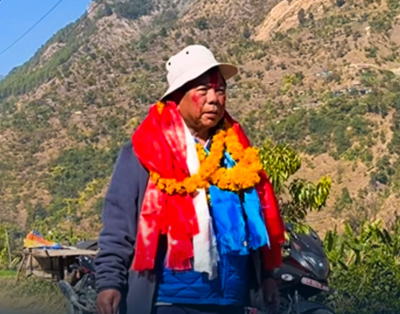
Mahabir Pun's Appeal to Voters: Do Not Sell Your Vote for Money
January 30, 2026
Helicopter from Jumla lands in Salyan due to bad weather
January 30, 2026-1769761552.jpeg)
NRNA Must Rise Above Personal Interests: Foreign Secretary Rai
January 30, 2026-1769761552.jpeg)


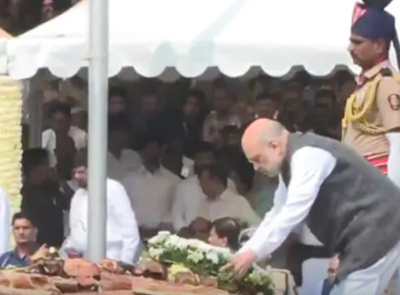
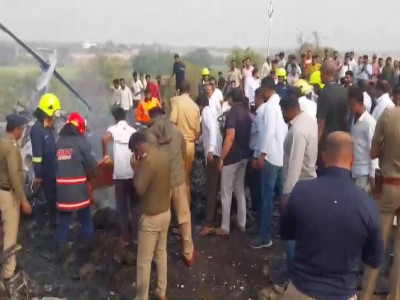
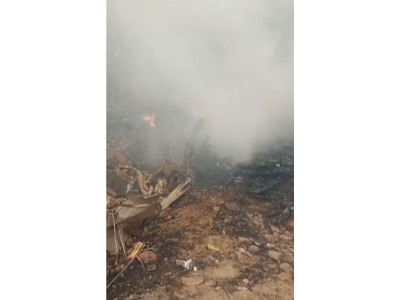
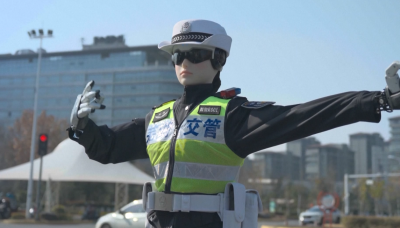
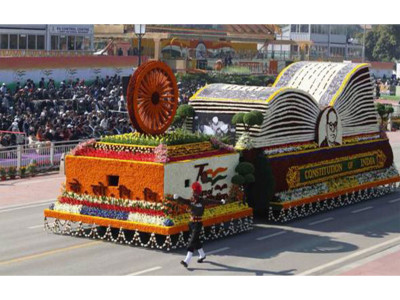

-1769770966.jpeg)
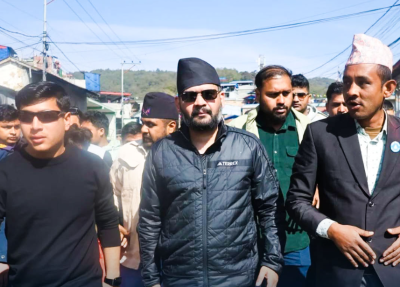
-1769760538.jpg)
